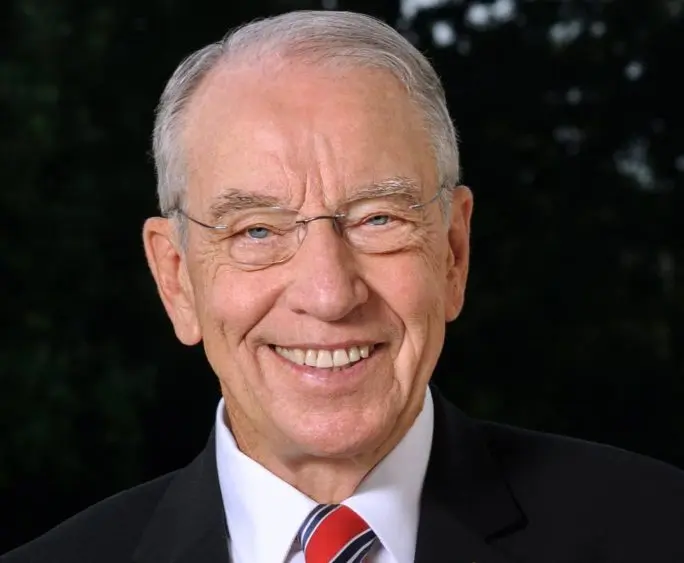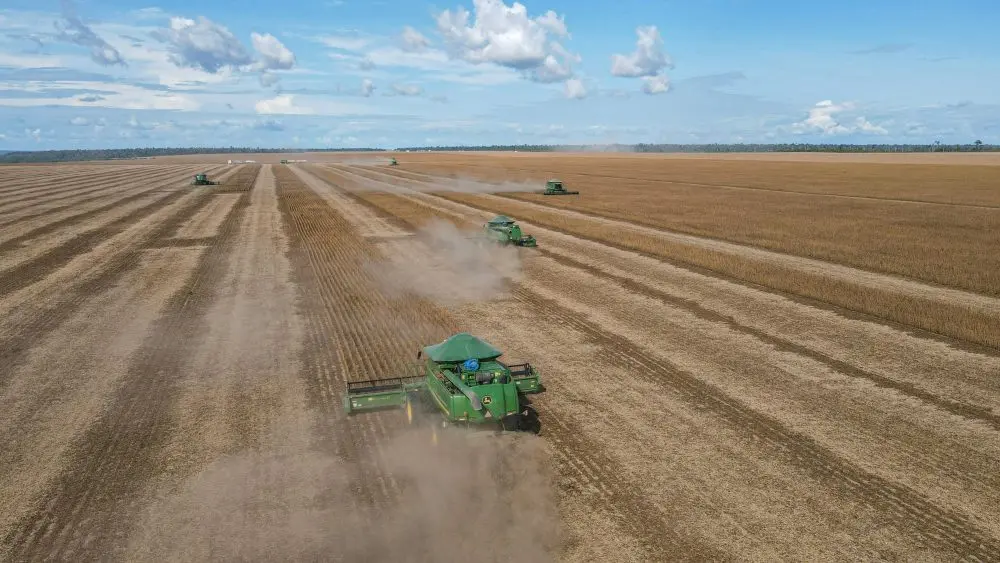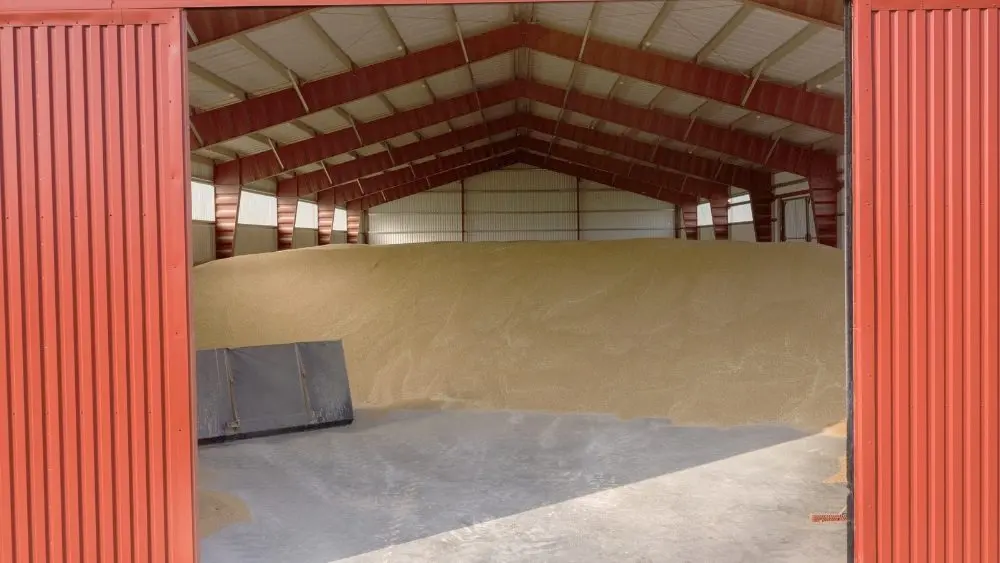
(WASHINGTON D.C.) – As many U.S. farmers are facing high stress amid low commodity prices and high input costs, one Midwest senator says tariff and trade uncertainty is adding to the stress in farm country.
Speaking on Tuesday’s episode of Agriculture of America, Senator Chuck Grassley (R-IA) said the uncertainty of tariff negotiations is adding to farmer stress and what is quickly becoming a new farm crisis.
“The uncertainty of the tariff negotiations, like when the president raises tariffs one day and reduces them the next day and the uncertainty that’s connected with it and not the final signing of agreements with a lot of countries, I think that that is a serious issue that affects agriculture, but more importantly, the John Deeres of the world as well,” said Grassley.
“And, you know, putting 50 percent tariffs on things that have steel in them when you can’t buy those things in the United States and you need them for your tractor to be finally manufactured, there shouldn’t be tariffs on things that you can’t get in the United States. Why drive up the price of John Deere’s because of a tariff on something they need for the tractor that they can’t even get in the United States? It’s a stupid policy.”
Grassley added “And the president wants to create manufacturing jobs in the United States. Well, you aren’t increasing jobs to make something that can’t even be made in the United States. Or if it could be made in the United States 10 years from now. We’ve got this farm crisis now and this president should deal with this farm crisis right now.”
The Iowa Senator said he is hearing from bankers and people that are getting pressed by their bankers to maybe sell part of their farm. He added that “we haven’t had this kind of stress in agriculture since the 1980s. And I don’t want to have the the suicides of farmers like we did in the 1980s.”
A new report from Bloomberg this week indicated that China imported a record amount of soybeans in August, with none coming from the United States. When asked if China was done buying U.S. commodities for good, Grassley wasn’t ready to make that conclusion.
“I can’t draw that conclusion yet, but I can tell you this, that I think President Xi of China has taken a new approach to the United States,” according to Grassley. “He let Trump dictate to him in 2019 what the United States ought to be able to sell to China. They didn’t keep up with the agreement, but they did sign an agreement pledging X number of dollars that I think they only bought about one third or maybe half of what they said they were going to buy of soybeans. And I think that he’s taken a whole new approach. He’s not going to let Trump dictate to him what the trade agreement is going to be. In fact, Trump was starting to do that with a 145 percent tariff.”
Grassley added that “And I think we have a president that’s reluctant to challenge China in the same way he did in 2019 on agricultural things. And until we get tougher and we have some leverage, I don’t see a good future. But I think it’s just a case of sitting down and negotiating.”
The Iowa Senator did highlight the fact that reference prices were updated in this summer’s tax package that passed through Congress saying “it’s a good thing that the tax bill that we passed, it’s an agriculture bill too, just like an energy bill, just like a health bill, it’s got several different parts in it affecting different parts of the economy. We increased reference prices, increased the crop insurance program, got money for exports. Promotion and money for ag research, and it’s a good thing we did that and that’s subject to this year’s crop year.”
Grassley also indicated there is talk of potential use of Commodity Credit Corporation funds to help producers, as long as the CCC is replenished for the next fiscal year.



